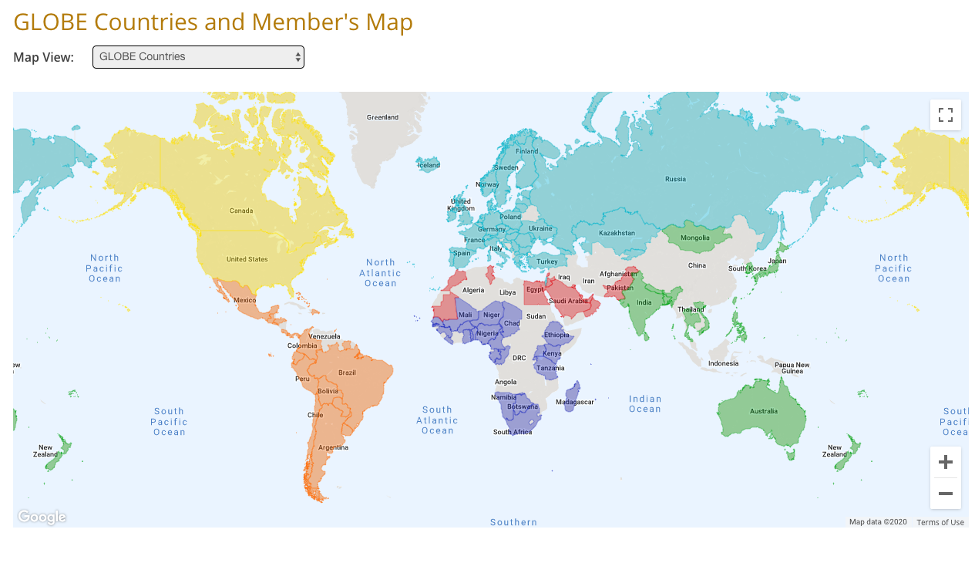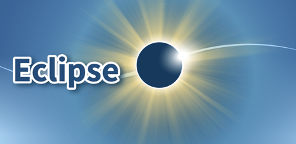Do GLOBE Observer - GLOBE Observer
Do GLOBE Observer
What is GLOBE Observer?
When you download the GLOBE Observer app, you join the community of the GLOBE Program - citizen scientists, students, and teachers in 125+ countries around the world contributing to Earth System science research.

Your observations:
-
Help monitor the conditions of clouds, water (especially as a habitat for mosquitoes), plants (trees and other land cover), and see change over time.
-
Can be used to help interpret NASA and other satellite data.
-
Are available for anyone to view and explore, including fellow citizen scientists and professional and student researchers
We hope you will join us in observing the world around you with GLOBE!
Who can participate?

Anyone in a GLOBE country with a compatible mobile device can use GLOBE Observer. You can participate as an individual, at a GLOBE school, as GLOBE alumni, with your family, at an after school club or summer camp, at the local library, and more! You can even form a virtual GLOBE team to combine your observations with others, near or far.
How do I begin?
![]() To get
started, download
the app, register with an email address (you can also register
using a web form), then go outside and follow the
prompts in the app to observe your environment. Children under
the age of 13 should be supervised by an adult. Always follow
the rules and restrictions in your area and guidelines from
your local officials, and only participate in GLOBE activities
or use the GLOBE Observer app when it is safe to do so.
To get
started, download
the app, register with an email address (you can also register
using a web form), then go outside and follow the
prompts in the app to observe your environment. Children under
the age of 13 should be supervised by an adult. Always follow
the rules and restrictions in your area and guidelines from
your local officials, and only participate in GLOBE activities
or use the GLOBE Observer app when it is safe to do so.
What other resources are
available?
For formal educators and classroom teachers, we recommend you check out the full resources of the GLOBE Program. You can learn more about creating a teacher account, eTraining and in-person training opportunities, and access the extensive Teacher’s Guide and library of classroom activities. For younger students, Elementary GLOBE is a series of age-appropriate storybooks to introduce young one to Earth science topics.

For informal
educators (interpreters, librarians, museum docents,
scout leaders, etc.), we suggest you begin with our Toolkit for
Informal Educators. We’ve collected activities, videos,
booklists, and promotional materials to help you lead a
program in your setting.
For individual observers looking to learn more, we’ve collected additional information about taking observations, science background, and a resources library of videos, books, activities, and more. Simply select a button below to see the resources related to each tool. We also have periodic data collection challenges that focus on collecting data of a particular type or in a particular place (or series of places).










